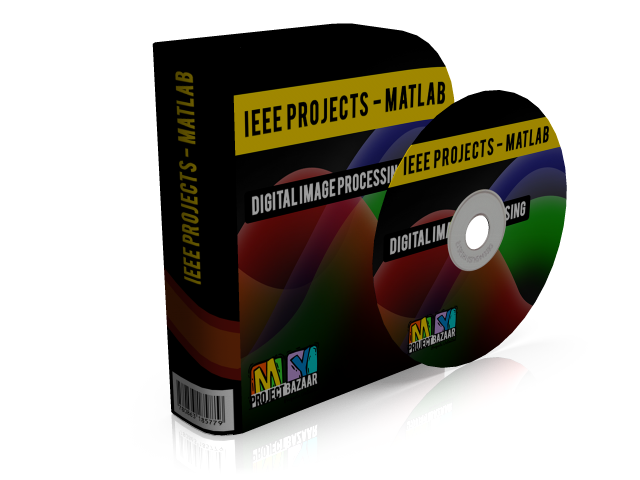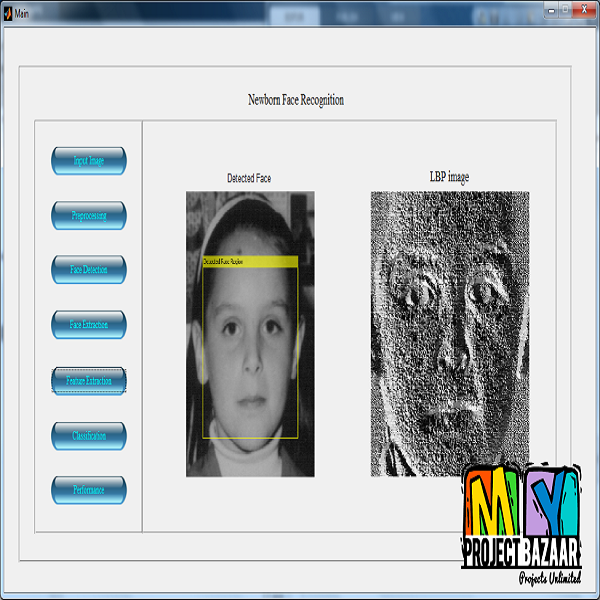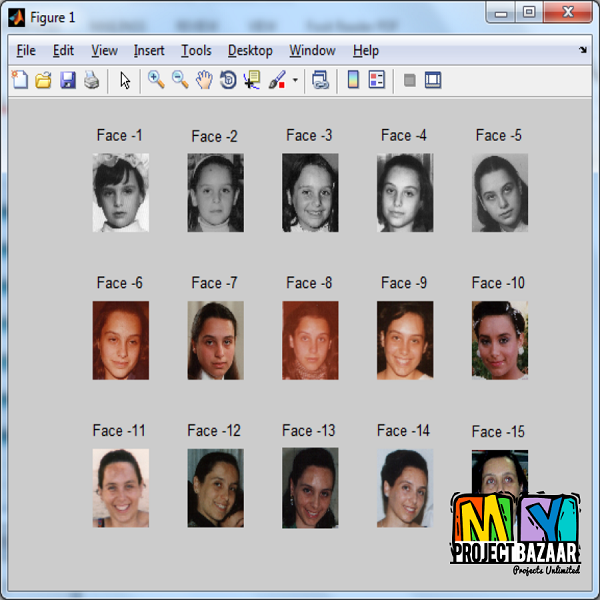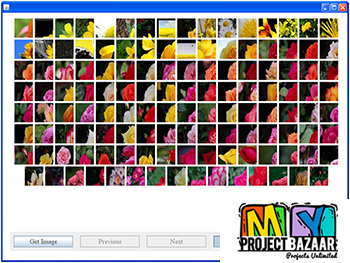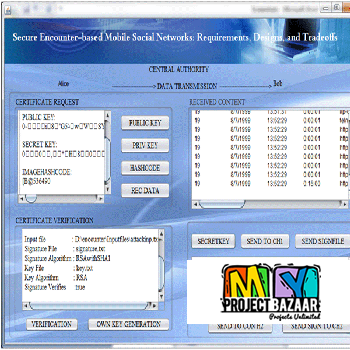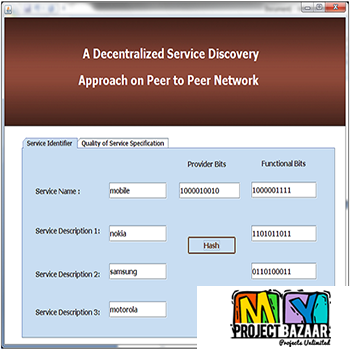
Domain Specific Learning for Newborn Face Recognition
Product Description
Domain Specific Learning for Newborn Face Recognition
Abstract— Biometric recognition of newborn babies is an opportunity for the realization of several useful applications, such as improved security against swapping and a bduction, accurate census, and effective drug delivery. This paper explores the possibility of using face recognition toward an affordable and friendly biometric modality for newborns. The paper proposes an autoencoder-based feature representation followed by problem specific distance metric learning via one-shot similarity with one class-online support vector machine. The largest publicly available database of newborns collected from various sources to study face recognition is introduced. Several existing face recognition approaches and commercial systems are also evaluated on a common benchmark protocol. The efficacy of the proposed algorithm is evaluated under both verification and identification settings. With multiple galleries, rank-1 identification accuracy of 78.5% and verification accuracy of 63.4% at 0.1% false accept rate are achieved. With no/minimal security measures and the lack of any cost effective solution, it is very difficult to ensure that babies are not accidentally or intentionally swapped. Though medical science techniques such as Deoxyribonucleic Acid (DNA) typing and Human Leukocyte Antigen (HLA) typing are accurate, they are costly and time consuming. Recently, the availability of RapidDNA technology has enabled faster and cost effective ways of utilizing DNA for biometrics < final year projects >
Including Packages
Our Specialization
Support Service
Statistical Report

satisfied customers
3,589
Freelance projects
983
sales on Site
11,021
developers
175+Additional Information
| Domains | |
|---|---|
| Programming Language |

